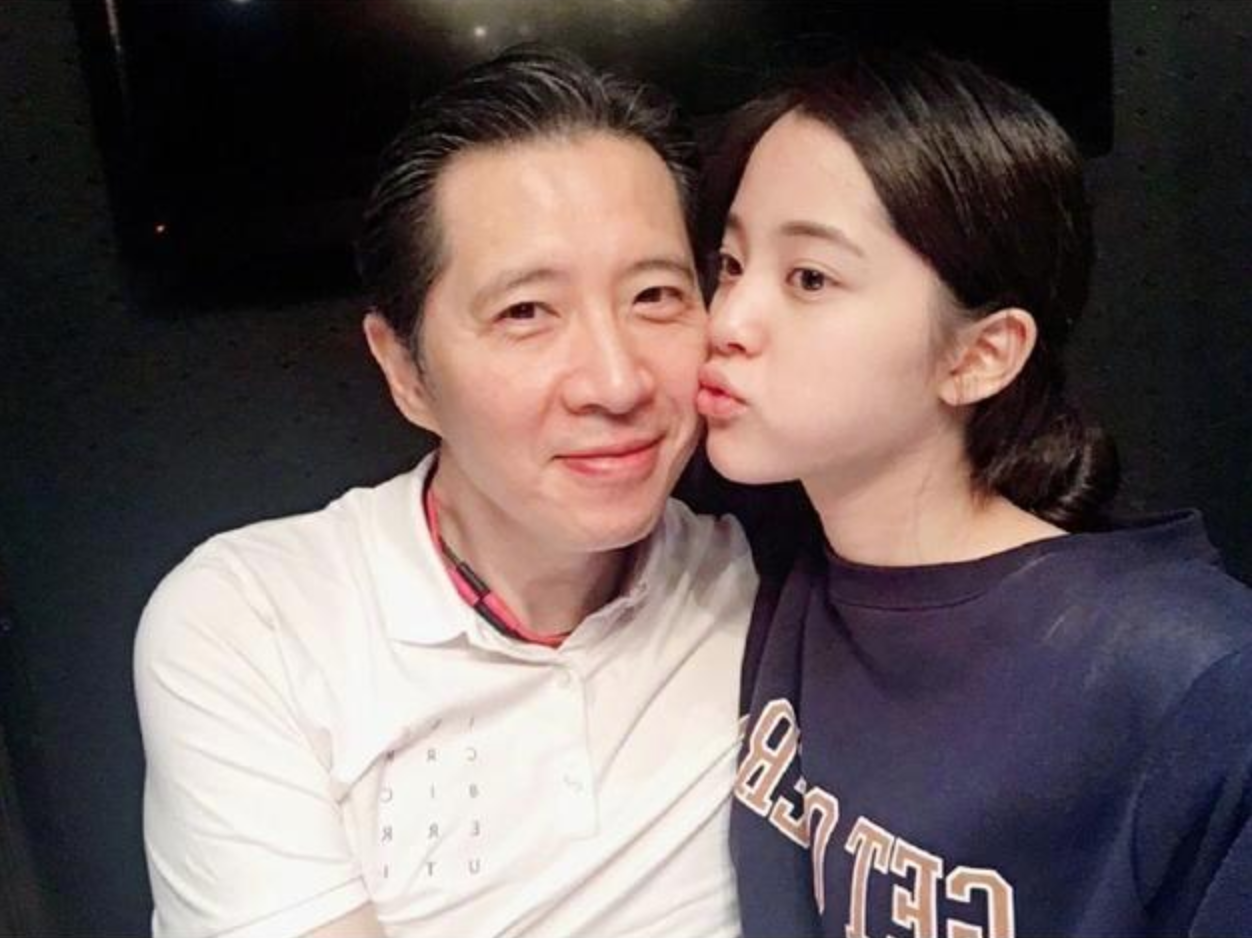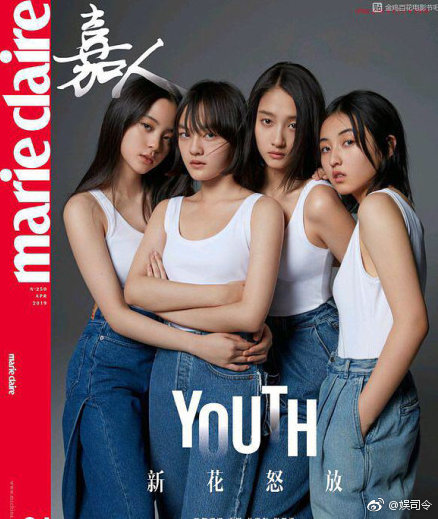Chinese or Taiwanese? Nana Ou-Yang is at the center of a political firestorm
Chinese or Taiwanese? Nana Ou-Yang is at the center of a political firestorm

Nana Ou-Yang 欧阳娜娜, the 18-year-old Taiwanese celebrity who has around 14 million followers on Weibo and over 2.2 million followers on Instagram, has found herself caught in a bizarre and messy political storm where she had to speak out about her views on the Taiwan-Mainland China imbroglio.
On March 31, her agency, seemingly out of nowhere, issued a statement on the aspiring actress’ political stance, saying that she identifies herself as Chinese and endorses the One China Policy, which Beijing interprets as acknowledging that Taiwan belongs to China.
The statement reads (in Chinese):
“Nana Ou-Yang is over 18-year-old. She has her independent thinking and will. She is currently studying abroad. During the New Year’s holiday this year, Nana Ou-Yang and her mother went back to Ji’an, Jiangxi Province, to worship their ancestors. She has always firmly believed that she’s Chinese and she adherently supports the One China Policy. We kindly ask internet users on various major social media platforms to stop making malicious speculations and spreading false information.”
The artist herself, who is currently studying at the Berklee College of Music in the U.S., immediately followed up with another statement saying (in Chinese),
“As a foreign student in the U.S., I am often asked ‘Where do you come from?’ My answer to it is always ‘I come from China.’ I was very close to my grandparents when I was a child. I grew up listening to their Sichuan dialects. They told me that I can’t forget my roots wherever I am. I am proud of being a Chinese. I’ll forever remember that my ancestral home was in Ji’an, Jiangxi Province. I’ll forever remember how emotional I was when I saw my name on my family tree.”
It’s not uncommon for Taiwanese artists to clarify their political stances when questions arise as to whether they support Taiwan’s independence from China. For them, recognizing the island as an integral part of China is the necessary prerequisite to starting a career in the public eye on the mainland. Government officials and the public are so politically hypersensitive about this topic that movies and TV shows involving those who support Taiwan’s independence can face intense backlash, boycott, and even straight-up bans. For example, last year, the Taiwanese movie Missing Johnny was prohibited from playing in mainland cinemas for having a pro-independence actor in it.
But at first glance, Nana Ou-Yang’s statements seemed to lack a clear trigger. Confused by her intention, some internet users conducted some research and found out that the statements might serve as a response to the controversy prompted by a magazine story that Ou-Yang did recently. As part of the story, which is essentially a profile of young Chinese actresses, Ou-Yang appeared on a magazine cover with three other actresses from mainland China. But when the profile was covered by Beijing Television (BTV), the government-owned network placed a red bar on the screen to cover Ou-Yang in the photo, a move that was interpreted by many as an indication that Ou-Yang is in trouble.


It’s noteworthy that while the artist herself had never been involved in political controversy before, her father Long Ou-yang 欧阳龙 is a Taiwanese politician affiliated with the Kuomintang party, whose political position has long been in question. In an apparent attempt to dismiss rumors and salvage his daughter’s acting career in mainland China, Long Ou-yang told media today that he is “by no means a pro-independence politician.”
UPDATE:
Nana Ou-Yang doubles down on pro-mainland China comments: ‘I love my country’






